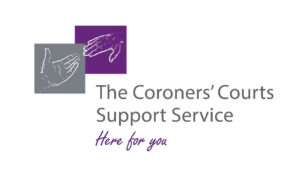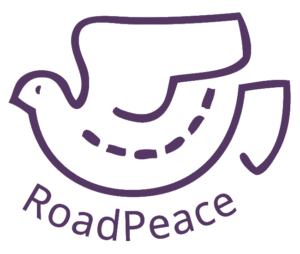Understanding fatal injury
A fatal injury refers to an injury or trauma that unfortunately leads to someone’s death. This can result from a traumatic incident like a car accident or workplace incident. The aftermath of a fatal injury profoundly affects not only the victim but also their family and friends. Coping with the sudden loss of a loved one due to a fatal injury is an emotionally challenging experience.
If you think that your loved one’s death may be linked to someone else’s negligence, a fatal injury claim will help you get answers.
We are here to support people in making this decision. We’ll listen to what happened and talk you through possible next steps. If you decide to pursue a claim we will do our best to make the process as easy as possible and of course support you every step of the way.
You might find yourself wanting answers right away. Questions like how and why this happened can consume your thoughts. These incidents can occur in various situations:
- On the road, whether it involves cars, pedestrians, motorcyclists, or cyclists.
- At work, due to accidents with machinery, falls, or exposure to harmful substances.
- In accidents involving animals like horses.
- Due to illnesses caused by poor work conditions, such as mesothelioma from asbestos exposure.
- As a result of criminal acts.
- Due to mistakes or negligence by medical professionals.
During this difficult time, it’s essential to reach out for support from friends, family, or professionals who can help you navigate through the grief and the practical matters that need attention.
After a fatal incident, there might be a lot of official investigations and even a criminal trial if the police suspect criminal wrongdoing. The Health and Safety Executive (HSE) might also look into it, and there could be investigations by a coroner and an inquest.


















